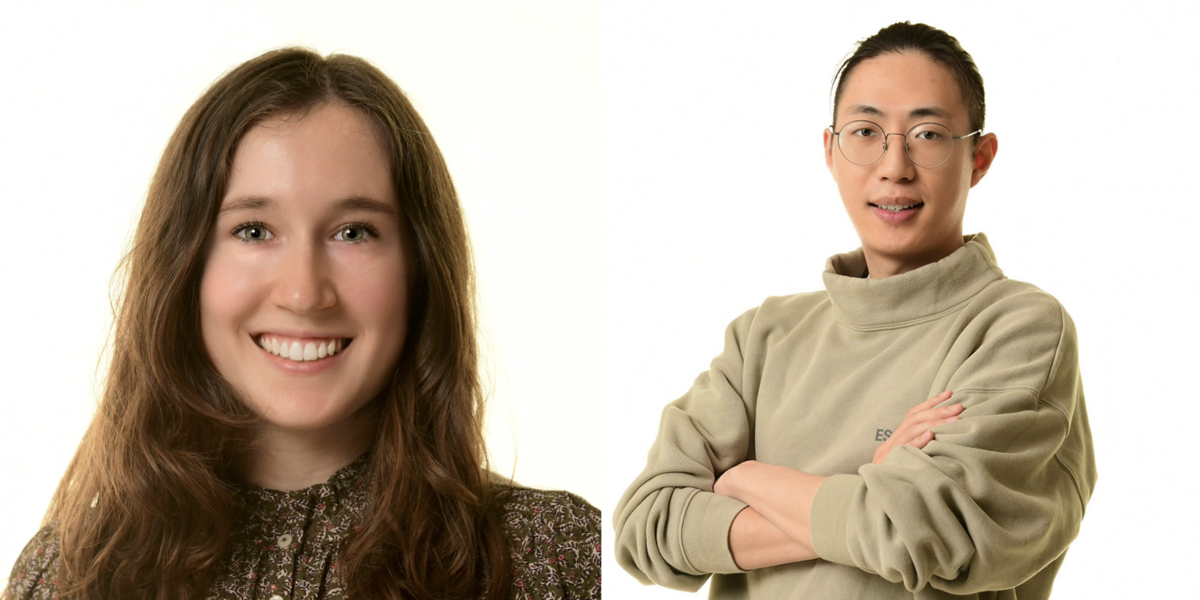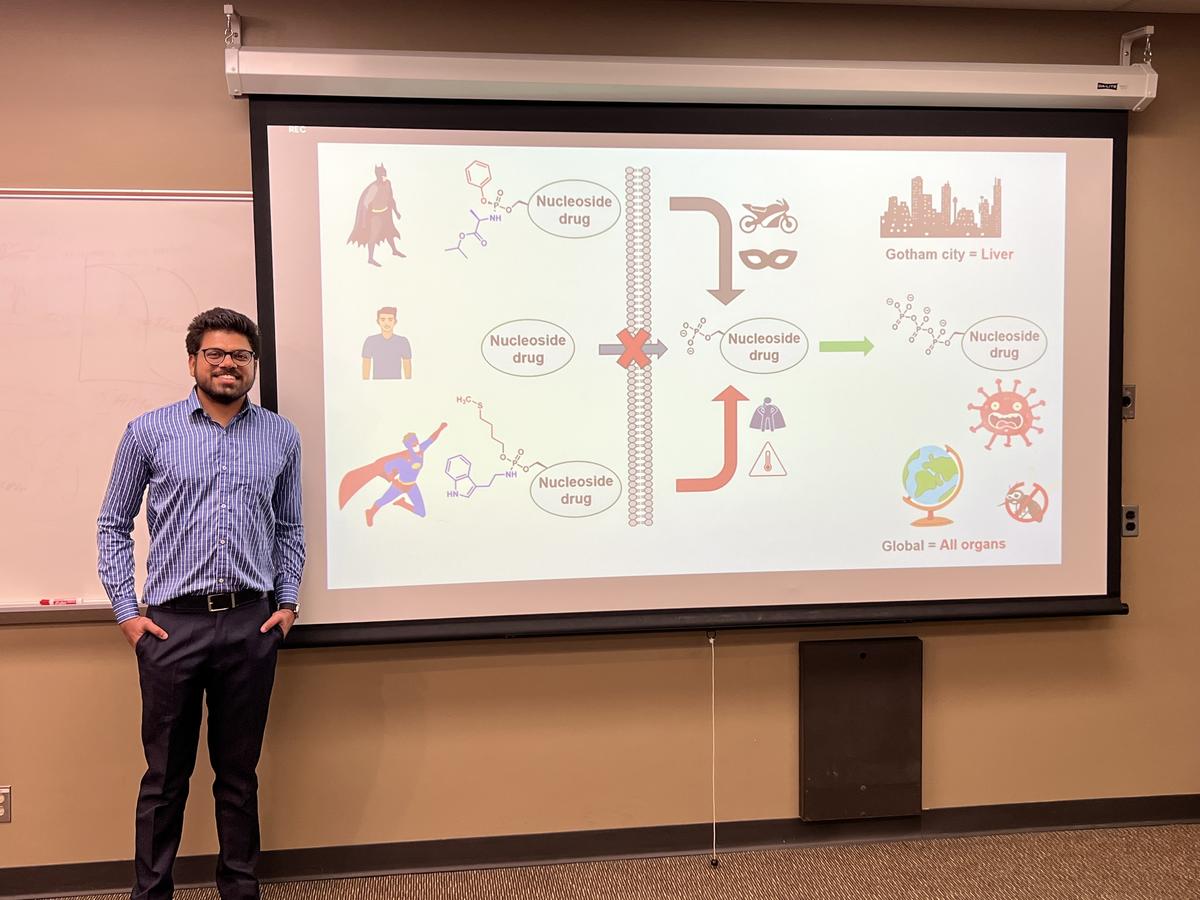Perspectives from a First Year Student
October 18, 2017

Listening, Explaining, and Caring
A few weeks into his first year at the College of Pharmacy, Duluth, Jacob Schally was making the rounds, visiting family and friends in his home town of Ely, Minn. When he stopped by to see his grandparents, he had hardly made it through the door when the talk turned to medications.
“My grandmother started to ask me about one of her prescriptions,” he says.
He imagined all of the bottles in the medicine cabinet appearing on the dining room table.
“I had to remind her I had a lot to learn before I could give her advice.” Jacob is looking forward to graduating and being able to give that advice.
After he finished his UMD undergraduate degree in biology, he took some time off before entering the College of Pharmacy, Duluth, but he didn’t stop mentally preparing for what is to come.
The Rural Health Care Experience
Mental preparation is important. Pharmacy students studying in Duluth spend the first three weeks of their first semester in the course “Becoming a Pharmacist.” In August 2017, they traveled with University of Minnesota Medical School, Duluth Campus students to the nearby communities of Aitkin, Cloquet, Grand Rapids, Hibbing, and Moose Lake to learn about interprofessional care.
Over 30 pharmacy and medical students learned about the rural substance abuse epidemic and issues surrounding child welfare. They visited a public health center home for the elderly, and a hospital pharmacy. In one session, a panel of doctors and pharmacists shared their experience delivering health care in rural areas. Transportation loomed as a huge challenge for people with chronic diseases and even for access to primary care.
“The elderly can’t get to the hospital easily because their driving ability is reduced. Low-income patient sometimes can’t afford the trips,” he says.
The long distances ambulances have to travel to an emergency mean their success rate is reduced.
Preparing for the Career
On the trip, part of the group met Globe Drug pharmacist Mike Brandt. The pharmacy is located on the corner of the two busiest streets in Grand Rapids.
“We learned a lot from Mike about the issues rural pharmacists face,” Jacob says.
What they saw was equally important.
“People streamed in and out of the store and to a person, Mike greeted everyone,” Jacob says. “We could see the trust his customers had for him.”
The Role of the Pharmacist
“I pay attention to pharmacists and how they handle their role in a community,” Jacob says. “The Shopko pharmacist in Ely is warm and friendly to everyone. He has a way of making people feel comfortable.”
Jacob talks about how pharmacists partner with physicians. He says because pharmacists have more time and are in a friendlier environment, they can reinforce the safe use of medication.
“Sometimes the instructions are complicated,” says Jacob. “By explaining the reasons to take a medication at a certain time or with or without food, we can improve outcomes.”
Applying the Lessons
Jacob always liked science but it’s wasn’t until his junior year at UMD when things really gelled for him.
“When we studied antibiotics in my microbiology classes, I could see how the lessons of science applied,” he says. “That’s when my classes became more enjoyable than ever.”
His classes are still enjoyable, and Jacob finds the College of Pharmacy a good fit.
“This has been the most fun I’ve ever had,” he says. “It’s really challenging work, but it’s relevant.”
Jacob is looking forward to settling into a community and helping people lead a healthy lifestyle. He's even looking forward to prescription vials on dining room tables.
“I’ve met some incredible pharmacists and I want to work hard so I can follow in their footsteps,” he says.
Jacob’s enthusiasm is putting him on the right track toward a lifetime of caring for people and their health.
(Originally published by the University of Minnesota Duluth)


